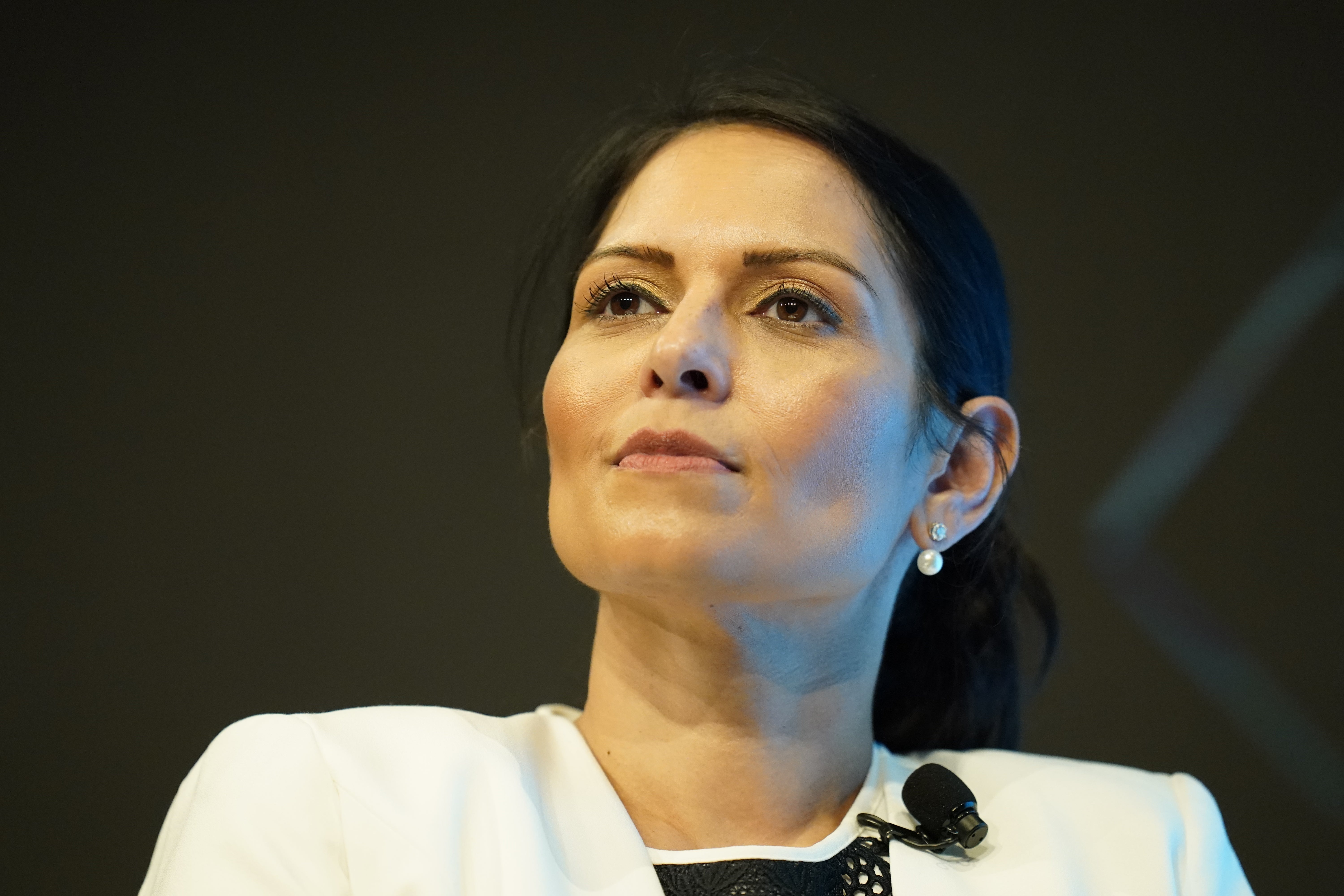What is the European Court of Human Rights? Key questions as Rwanda flight grounded
Deportation flight was scheduled to depart UK on Tuesday night
Your support helps us to tell the story
From reproductive rights to climate change to Big Tech, The Independent is on the ground when the story is developing. Whether it's investigating the financials of Elon Musk's pro-Trump PAC or producing our latest documentary, 'The A Word', which shines a light on the American women fighting for reproductive rights, we know how important it is to parse out the facts from the messaging.
At such a critical moment in US history, we need reporters on the ground. Your donation allows us to keep sending journalists to speak to both sides of the story.
The Independent is trusted by Americans across the entire political spectrum. And unlike many other quality news outlets, we choose not to lock Americans out of our reporting and analysis with paywalls. We believe quality journalism should be available to everyone, paid for by those who can afford it.
Your support makes all the difference.The first deportation flight of migrants to Rwanda was cancelled at the last minute on Tuesday night following interventions from the European Court of Human Rights.
The court granted an urgent interim measure in regards to an Iraqi national on the flight, and it is understood it was considering a number of further requests.
The appeals were considered by an out-of-hours judge on papers, overruling the UK’s rulings on a series of legal challenges ahead of the scheduled flight.
It is understood that, at the present time, there is not a route for the Home Office to appeal against the decision.
Home secretary Priti Patel described the intervention as “very surprising”, adding that “many of those removed from this flight will be placed on the next”.
Here, we take a look at the key questions surrounding the European Court and how it relates to the UK and this case.
What is the European Court of Human Rights?
The European Court of Human Rights is an international court set up in 1959 to rule on individual or state applications alleging violations of the civil and political rights set out in the European Convention on Human Rights.
Its judgments are binding on the 46 Council of Europe member states that have ratified the Convention.
What is the difference between the Council of Europe and the European Union?
The Council of Europe is the continent’s leading human rights organisation, while the European Union is an economic and political partnership.
While Brexit represented the UK’s departure from the European Union, it is still a member of the Council of Europe and therefore remains beholden to the European Court and European Convention on Human Rights.
What is the European Convention on Human Rights?
The European Convention on Human Rights was developed amid World War Two to ensure that governments would never again be allowed to dehumanise and abuse people’s rights with impunity.
It came into full effect in 1953 and intends to serve as a simple and flexible roundup of universal rights, which could be adapted over time.
Articles listed in the Convention include the right to a fair trial, right to liberty and security, and the prohibition of torture and cruel, inhuman and degrading treatment.
Why did the European Court of Human Rights intervene in the Rwanda flight?
The European Court of Human Rights confirmed that it had granted an urgent interim measure in regards to an Iraqi national, and it is understood the Court was considering a number of further requests.
It is understood that the appeals were considered by an out-of-hours judge on papers, overruling the UK rulings.

It is understood that, at the present time, there is not a route for the Home Office to appeal against the decision.
The European Court has indicated to the UK government that the Iraqi national should not be removed to Rwanda until three weeks after the delivery of the final domestic decision in his ongoing judicial review proceedings.
How does the European Convention relate to the UK’s Human Rights Act?
The UK was the very first nation to ratify the convention in March of 1951.
The Human Rights Act of 1998 enshrined the European Convention on Human Rights into British law, allowing the rights guaranteed by the Convention to be enforced in UK courts.
However, the government has vowed to scrap the Human Rights Act and replace it with a new Bill of Rights, after a pledge to reform human rights laws was included in the Tory manifesto in 2019.
The government said the changes will strengthen “freedom of speech” and bring “proper balance” between the rights of individuals and effective politics.



